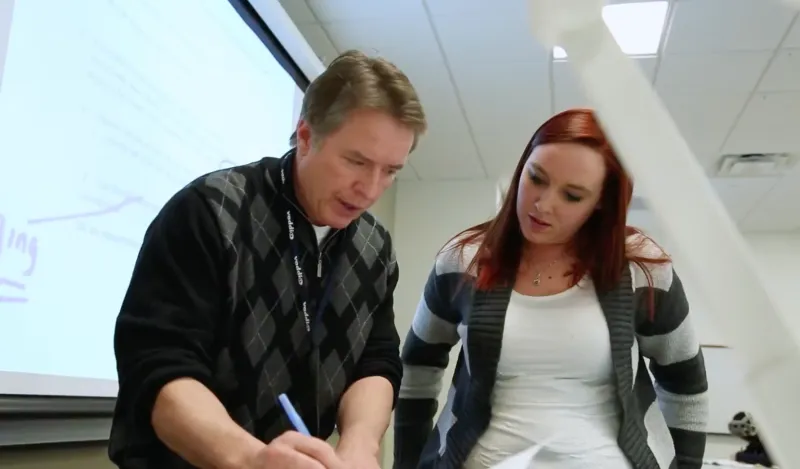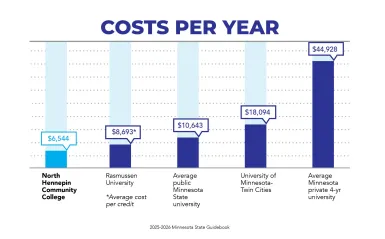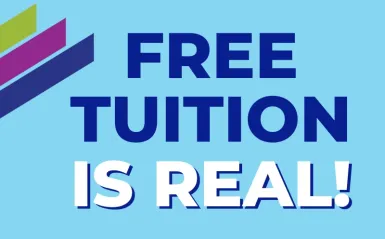Apply for Free
During the month of October, you can apply for free using promo code: CKM25
Accounting Program Highlights
- We provide career readiness so our students can move directly into an accounting career.
- Students begin the foundation of a four-year degree.
- Classes are taught by instructors who bring industry experience to the classroom.
- We offer flexible class options, including online and on-campus classes.
Transfer Options
NHCC's Accounting AS Degree transfers seamlessly to many bachelor's degree programs at Minnesota State universities, and there are many transfer options for private colleges. If you plan on transferring to a bachelor's program, be sure to meet with your academic advisor in your first semester at NHCC.
Minnesota State Transfer
The Accounting Transfer Pathway AS transfers to any of the following Minnesota State universities:
- Bemidji State University
- Metropolitan State University
- Minnesota State University Mankato
- Minnesota State University Moorhead
- Southwest Minnesota State University
- St. Cloud State University
- Winona State University
Private College Transfer
The Accounting Transfer Pathway AS will transfer to: College of St. Scolastica
Be sure to meet with your academic advisor if you are considering transferring.
Paying For College
NHCC's tuition is among the most affordable in Minnesota.
Financial Aid
- Scholarships are money you don't have to repay
- Grants are money you don't have to repay
Free College Tuition
The North Star Promise scholarship program provides free college tuition to eligible students. Find out if you might be eligible.
Program Roadmaps
Program roadmaps provide students with a guide to understand the recommended course sequence to complete their degree.
Get Started
If you're ready to get started, apply to NHCC. If you'd like to learn more, you can visit campus or request information.


